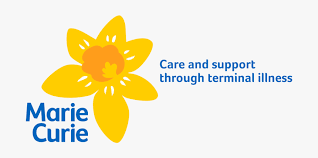Allow the client to talk and use your listening skills. This can sometimes be as effective as medication.
Ensure adequate pain control, as pain often contributes to depression.
Encourage the client to keep active as far as possible this can boost confidence and mood.
Encourage the client to relax. You might suggest mindfulness or complementary therapies.
Suggest support groups and support lines such as MIND or the Scottish Association for Mental Health
Discuss with the client what they can do that they really enjoy – such as listening to music, audiobooks or reading.
If you have concerns that the client is severely depressed or gives signs of thinking about suicide, contact your manager, the clients GP, District Nurse or Palliative Care Coordinator, as part of your responsibility for duty of care.



